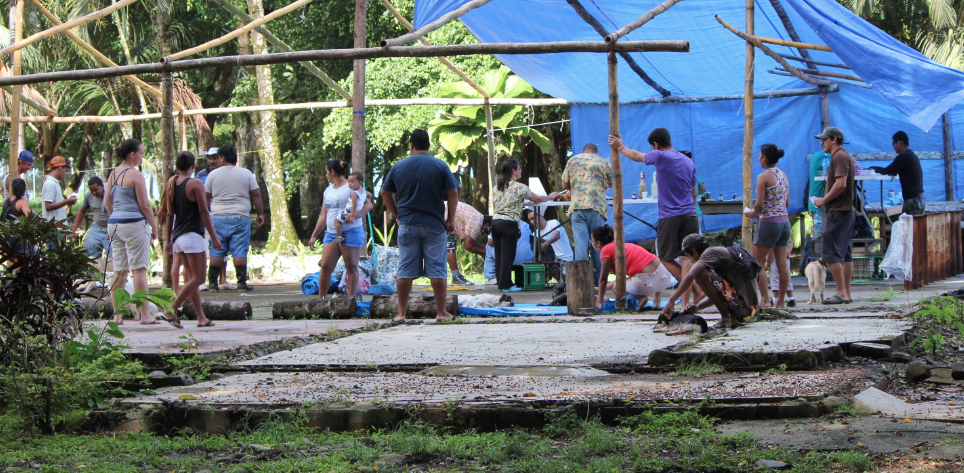If you would like to get involved with our projects or have your pets spayed or neutered, please download this spreadsheet (click here) and you will receive a list of all of the veterinarians in Costa Rica to choose from, including their phone numbers.
CURRENT PROJECTS 2013 -2014
Mexico
McKee has been invited by the government to teach government veterinarians in Jalisco Mexico. A minimum of 60 veterinarians will be trained in the McKee Spay/Neuter Surgery Technique.
This training is made possible in large part by the Marchig Animal Welfare Trust, and is dedicated to Mrs. Jeanne Marchig, whose generosity changed millions of animal lives throughout the world.
El Salvador
The Costa Rican Ambassador to San Salvador has invited McKee to train Salvadoran veterinarians in McKee’s Spay Neuter Surgery Technique. This training is being arranged for the end of 2013.
Costa Rica
Over the past 13 years, McKee has trained some 300 Costa Rican Veterinarians, making spay neuter surgery safe, affordable, and now common practice for community animal welfare groups, as well as private practice veterinarians in Costa Rica.
McKee holds a regularly scheduled spay neuter training session to licensed veterinarians the last Wednesday of each month.
However, even though Costa Rica shows the highest spay and neuter rate in Central America, approximately 80% of this service is provided in the Central Valley – the most affluent area of the country.
Spay and neuter efforts in rural areas are not yet sufficient to humanely lower over population. This, coupled with lack of education, results in the reverse of the precepts of animal welfare. Thus in 2013 -2014 McKee’s Costa Rican focus is rural area veterinarian training and government veterinarian training, such as at the end of August in Zancudo near Golfito.
Past Projects
McKee has taught in Belize, extensively in Guatemala (in partnership with WSPA), Peru, Nicaragua, Mexico. Argentina, Panama and Curaçao.
In all countries in which McKee has introduced its strategies, progress has been made away from cost prohibitive sheltering/mass euthanasia and humane population control has taken root in its place.
With this shift, more and more dogs and cats are being looked upon as sentient beings.
New veterinary clinics and pet supply stores open, animal abuse is seen as inhumane, and there is increased attendance at low-cost spay/neuter events, even in very poor neighborhoods.
McKee has been the candle of hope* to end animal suffering in Latin America by humanely lowering overpopulation. Thanks to McKee’s international surgery training program more veterinarians are trained in the small incision method and communities are supported in starting their own spay and neuter services.
*Esther Mechler, Founder Spay USA

